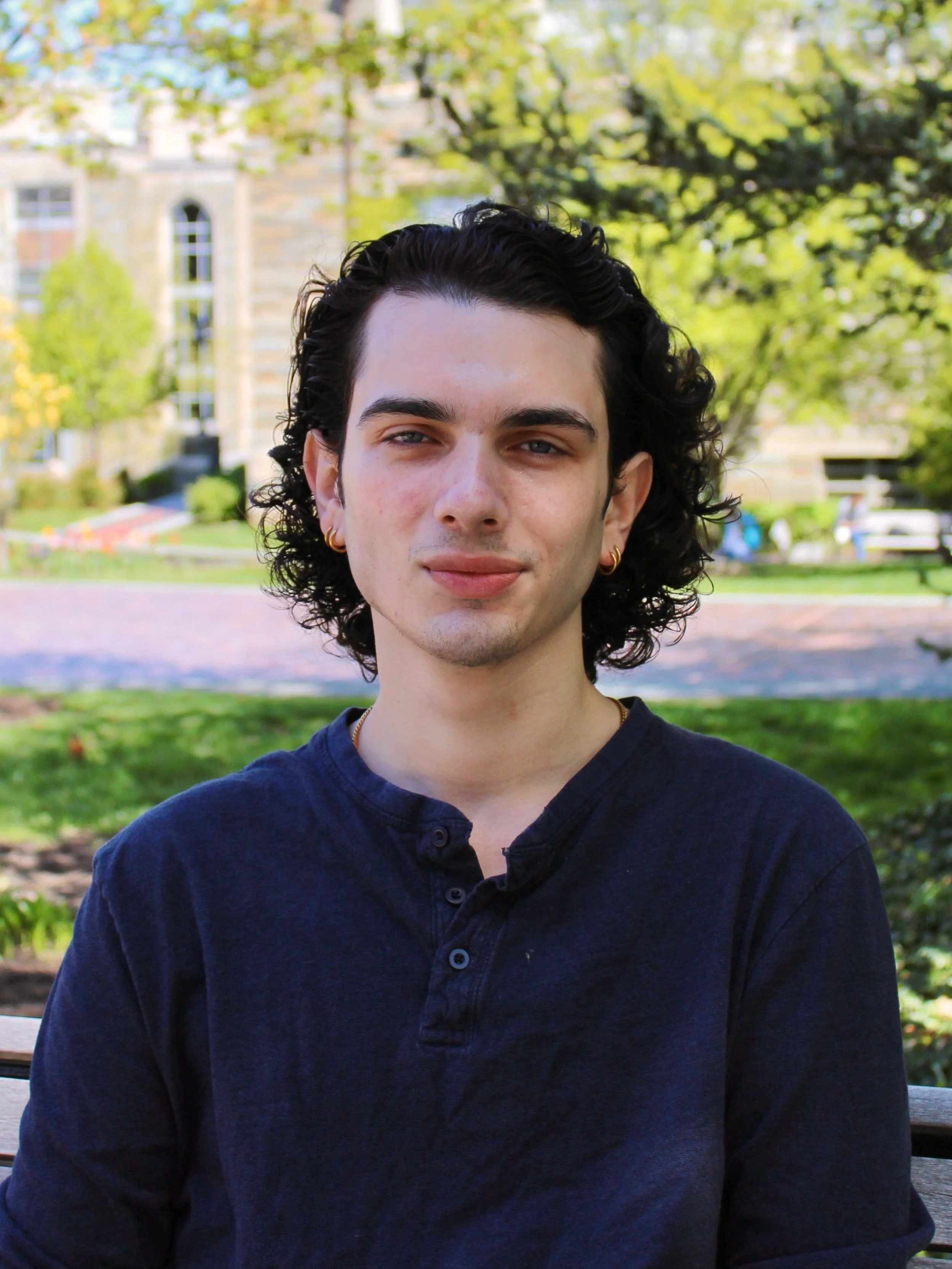Anthony N.
Photography by Ally Szabo
If you're reading this, you are not broken and definitely not alone.
Most of my life has been a haze. It resembles a series of dissociative episodes starting at two years old, the first time I experienced the grotesque feeling of choking on my blood. It is a sensation I felt far more often than I could count. Since I was the youngest in my family, I could never defend myself against the physical, emotional, and verbal abuse I endured every day.
I'd go to school to escape being their punching bag. Yet, as a gay child in the only conservative borough of NYC, my peers did not give me much reprieve from the hate I endured from my family.
It all felt too much. Quickly and very often, I'd break down, feeling nothing but pain and panic. I was a proverbial claustrophobe trapped in the confined space of others. Even worse, I felt confined within the walls of my mind. When those breakdowns led to explosive anger, I felt broken.
The first 13 years of my life were a constant rotation of elementary schools, middle schools, special education programs, summer camps, sports leagues, scouting troops, dance studios, and theater associations. Living with Oppositional Defiance Disorder painted me as a villain to all those around me, a message reinforced via litanies of medications prescribed before the end of second grade. Ineffective pills exacerbated my frustrations, causing me to become the social pariah of Staten Island. It was the title I earned once a politician chastised my outburst involving a wrestling match between several truancy officers on my school's lawn and my eighth-grade self. Luckily, all 450 students in my class watched from the cafeteria's windows with their phones set to record.
When I stopped fighting in high school, everyone still knew my past. In the eyes of everyone around me, I was the villain. I was broken and defective. Of course, I believed them.
I spent the next six years of my life mired in self-hatred and agony, feeling hollow and worthless. I channeled all my efforts into perfecting myself in the eyes of others but having a reputation that precedes me. I battled eating disorders that nearly killed me, social anxiety that transformed me into a mute, and depression paralyzing enough to almost end my life on three separate occasions.
—
When most people reinvent themselves in college, they become a new version of their authentic selves.
I did the opposite.
I hid my entire past, pretending to be someone I never was. I could not handle the thought of people knowing my past and becoming the villain again. It took me much longer than I'd like to admit I was alone. It was even longer before I accepted that I was causing it.
Nobody knew who I was. I acted as whoever I needed to be for others to accept me. By any means necessary, I ensured nobody viewed me as I still did: broken and defective.
I was numb to the pain. I spent every night unable to move from panic attacks, with my mind racing with thoughts of my own wickedness. But, when all felt lost because depression was about to try and win round four in the fight for my life, something incredible happened.
I opened up.
Even stranger was everyone's reactions. Those closest to me held more love for me once they knew my truth. I received compassion, empathy, support, and love from those who could see the real me, not who I pretended to be.
Soon after, I realized all those voices in my mind telling me I was broken, vile, and disgusting were, in fact, just that. Voices in my mind. Not anywhere else. And certainly not in the minds of others.
After years of feeling claustrophobic in my own mind and spending every minute trying to figure out how to escape its confines, I finally found it. The key to escape my isolation was honesty and trust. Only then can you realize how much others love and care for you.
I spent years trying to perfect myself in the eyes of others and felt miserable. It wasn't until I embraced authenticity, I could finally see myself through them. And it was love.
It takes strength to silence the voices in your head and even more to amplify your authentic voice to be a light for others. If you have done either, I am proud of you.
If you haven't yet, that is perfectly okay. You can always try to take the tiniest step by adding one word to all those phrases in your mind:
"You are not broken."
"You are not alone."
"You are not unloved."
Anthony N., Villanova University
Connect With Us
To follow IfYoureReadingThis at Villanova on Instagram, get in touch with our chapter, and learn about more resources available to Villanova students, visit our chapter’s homepage.
AUTHOR CONTACT
This author has opted to allow readers who resonate with their story to contact them. If you would like to speak to the author of this letter about their experience, please use the form below.

